A morning with Tahmima Anam at Bookworm Bangladesh
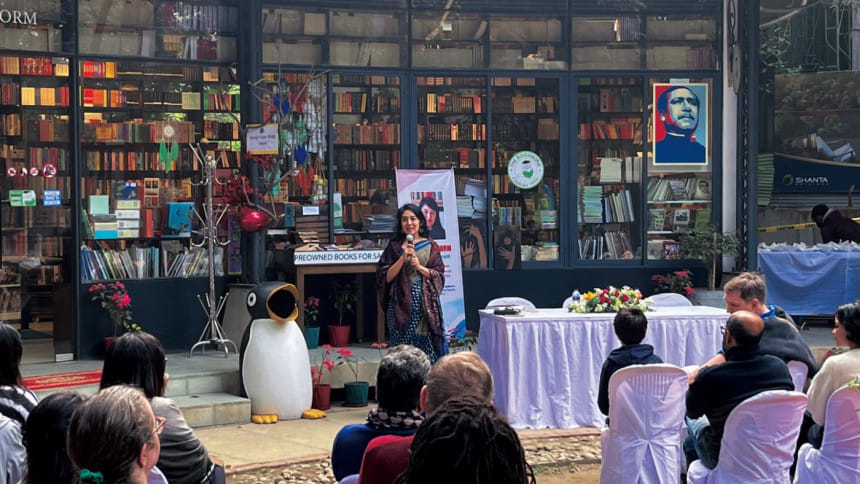
During a cold winter Friday morning, when most of Dhaka was still nestled in the warmth of their beds, a different scene unfolded just beyond the premises of Bookworm Bangladesh in Justice Shahabuddin Park.
The scene outside Bookworm Bangladesh painted a lively picture different from the usual sluggishness of a winter morning. People gathered outdoors, with their chatter filling up the air; some were seen clutching copies of The Startup Wife (Scribner, 2021) and A Golden Age (John Murray, 2007). Rows of white chairs were meticulously arranged, and the excitement in the air was palpable as everyone eagerly waited for the reading session to start.
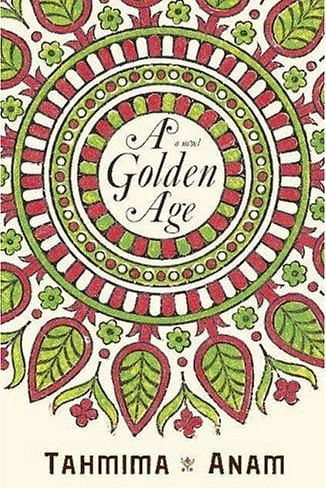
The session featured none other than the author of the books, Tahmima Anam, and it is only her who can draw such a sizable crowd of literary enthusiasts on a cold winter weekend morning.
As part of their ongoing Bookworm Author series, Bookworm Bangladesh hosted a live reading session with the celebrated novelist on January 5, providing participants with the opportunity to listen to her reading excerpts from her books.
The event started at around 11:30 AM, and was moderated by the editor of Star Books and Literature, Nazia Manzoor, who kicked off the event by delivering an introduction of the author.
In her opening statements, Nazia Manzoor expressed gratitude for Anam's role as an influential voice and said, "Bangladeshi writing in the English literary scene is still in its adolescence, and still needs stronger female voices. And for you to be one such voice that we have been able to look up to, to intersect with, to associate with, to analyse, to argue with, and to read in a 'South Asian literature in English' classroom in a Bangladeshi university has been a privilege."
Anam chose to centre her reflections and readings on the theme of protests. Addressing the audience, she explained, "I want to centre my readings and thoughts today around the theme of protests. The reason is because the theme of protest has been very much on my mind, seeing the horrific events unfolding in Palestine."
"Because we are the children of protests, we are children of the people who decided that they were going to give their lives, so that we can breathe the air of freedom", she added.
The author further elaborated her reasoning, stating, "Sometimes books are there to tell us who we might become, and sometimes they are there to remind us where we came from. I write books for both of those reasons. I write to remind us where we came from, and to give us an idea of the people we might someday become."
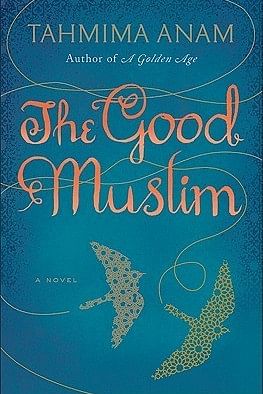
The reading started with her sharing excerpts from her novel A Golden Age, which is the first book in her Bangla Desh trilogy. The trilogy serves as a historical narrative of Bangladesh, told through the lives of three generations of women from a single family. A Golden Age was set during the nine months of tumultuous war for liberation in 1971.
Following the reading of passages from A Golden Age and The Good Muslim (Harper, 2011), Anam transitioned to sharing about her most recent pandemic novel, The Startup Wife.
Talking about her latest book which is of a different genre from the others, Anam explains, "I wrote [the] trilogy set in Bangladesh about this one family, and then I wrote a book that was completely different. Some people were delighted by that, and some people were wondering what I had done [...] Actually, I found that experience liberating."
She expressed, "People like me publishing books outside of Bangladesh are expected to write a certain kind of book, and I wanted to challenge that. I wanted to write something that felt important to me, and that is the story of women and power, and what happens to women when they try to get power."
The reading session proved enlightening as Tahmima Anam shared about her writing journey, discussing the creation of the Bangla Desh trilogy, the subsequent work, The Startup Wife, and her experiences as a writer of colour.
Following that, there was a Q&A session with the audience, covering a variety of questions ranging from inquiries about writing advice to her approach in crafting narratives. Anam's responses were insightful, offering a glimpse into the inspiration behind her work and the challenges she encountered during the creative process.
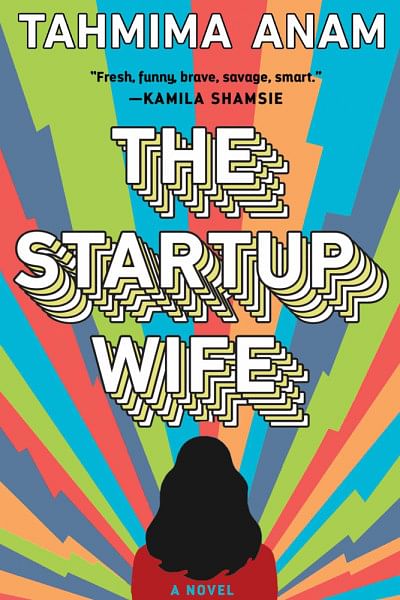
Responding to a question, Anam shared, "Novels can humanise people who otherwise seem black and white. It's very easy to look at a person who is a fundamentalist and say 'This person is only one thing. This person is representing values that I reject', but if you try to think from a novelist's perspective, you think 'Where did this person come from? Where did their ideas come from?'"
The event wrapped up with a book signing session, and afterward, I had the chance to briefly catch up with the novelist. This was one of the few live events she has done in Dhaka. When inquired about her experience, she responded, "It was truly enjoyable."
As one of the earliest authors of Bangladeshi origin to write in English, the novelist, when asked about her perspective on the current literary landscape, shared, "The best book I have read coming out of Bangladesh in the last 10 years is Rourob (Shuchipotro, 2010) by Leesa Gazi, which was translated as Good Girls (Amazon Crossing, 2023). I found the story so unique because it portrayed the narrative of Dhaka, a truly distinct city. It's unlike any other South Asian novel you have read. Translated from Bangla, I believe she captured something about living in Dhaka that I don't think any other writer has done before. I have read some other wonderful books that have come out of Bangladesh. I hope people will write more and more boldly about unexpected topics, women's lives, the interior, things that we don't see. I have hopes."
Usraat Fahmidah is a freelance journalist and writer. You can reach them on X @usraatfahmidah.

 For all latest news, follow The Daily Star's Google News channel.
For all latest news, follow The Daily Star's Google News channel. 




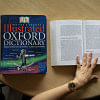

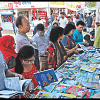
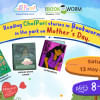



Comments